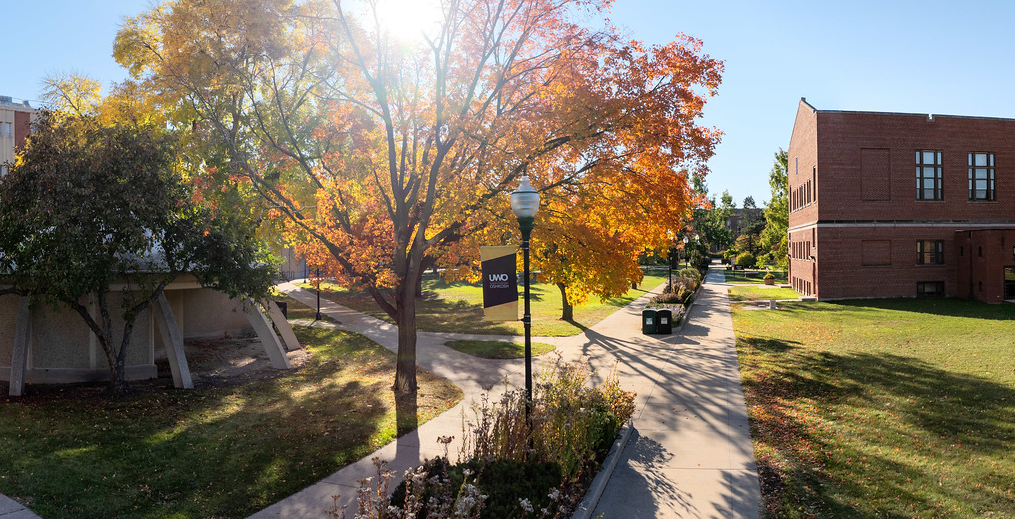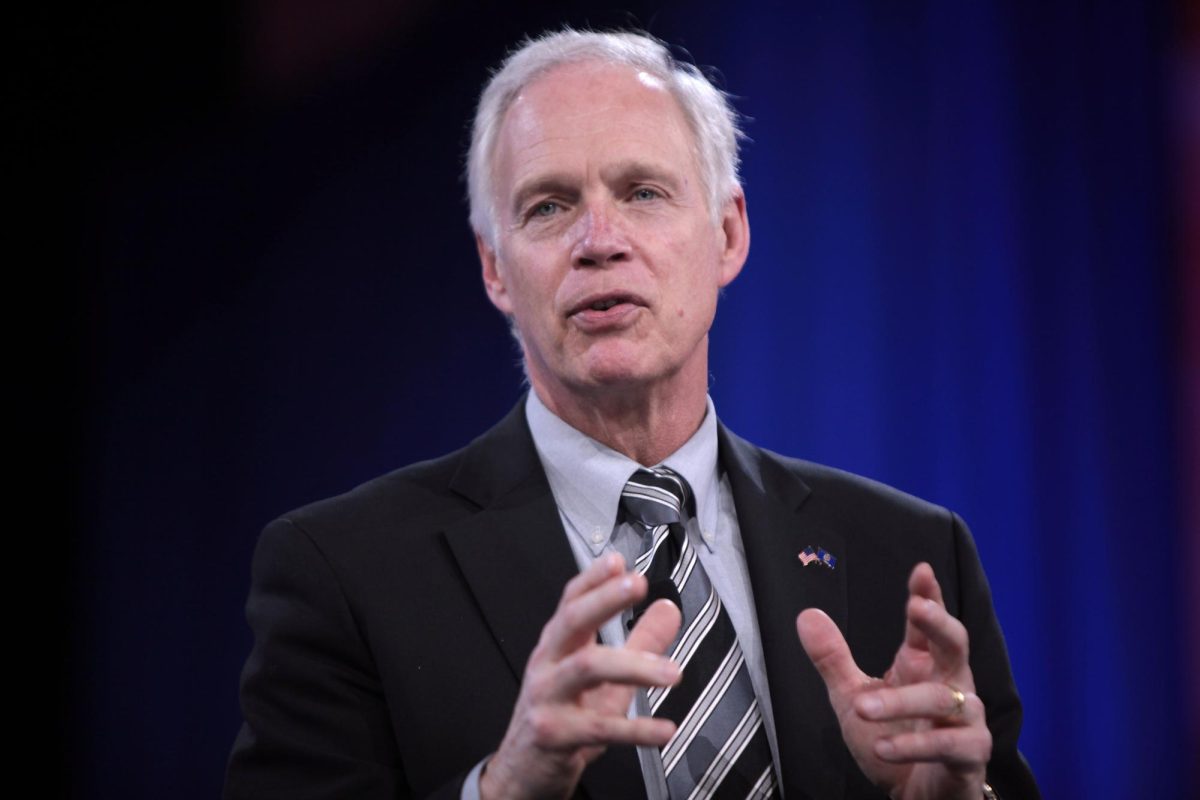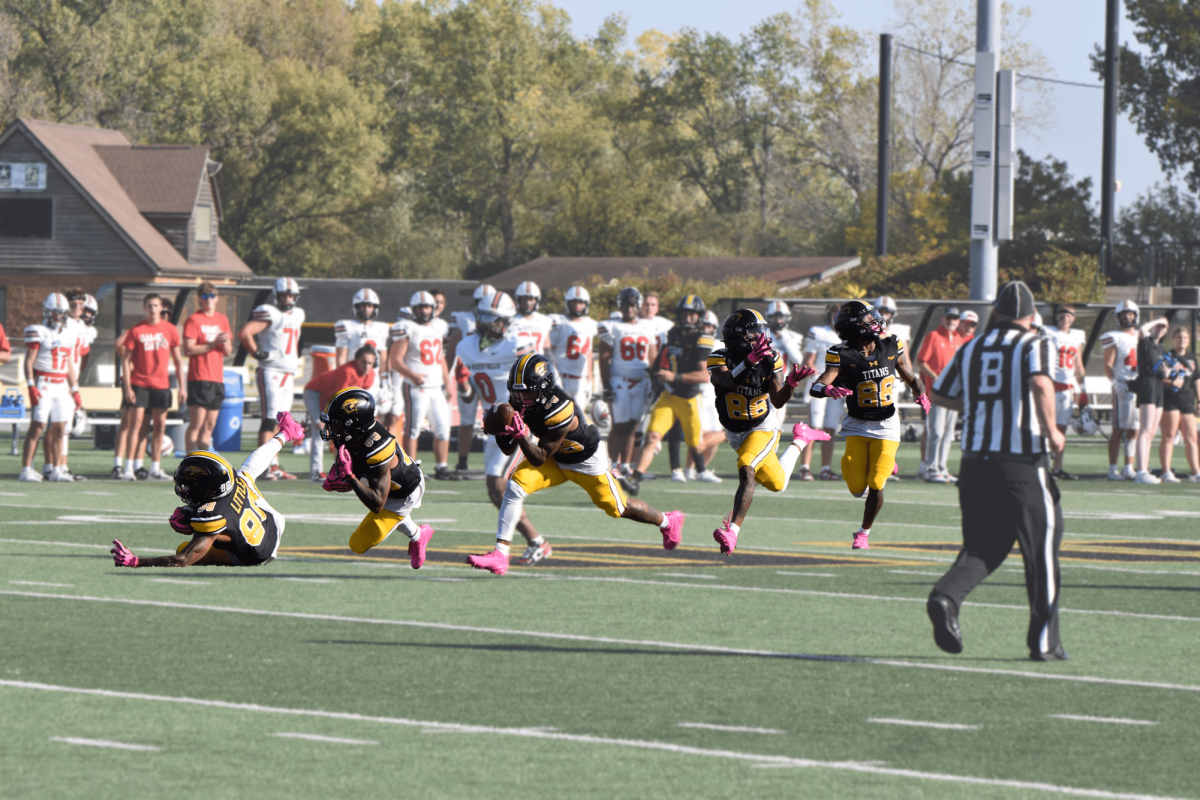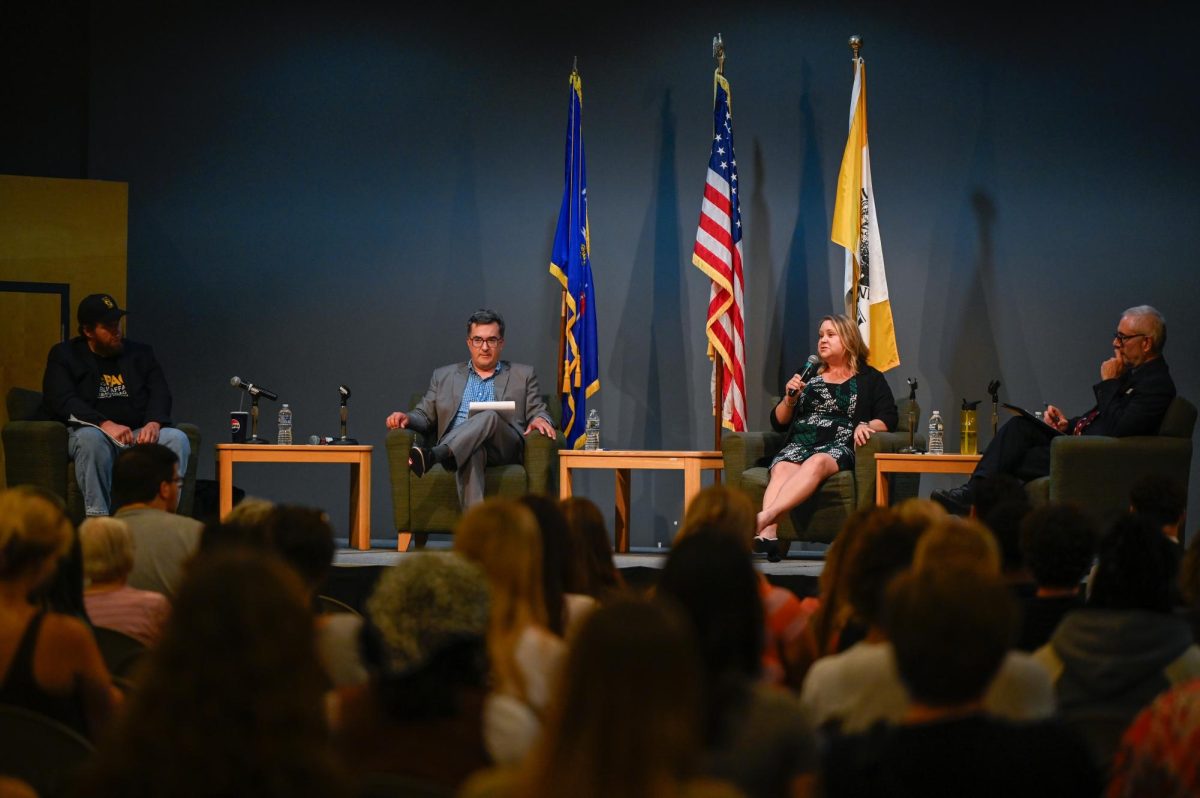Going to college has gotten more expensive for students at UW Oshkosh, as the Universities of Wisconsin Board of Regents approved a proposal by President Jay Rothman to increase tuition by up to 5% for the 2025-26 school year.
Specifically at UW Oshkosh, Wisconsin residents are looking at a new tuition fee of $8,993, a $463 increase from 2024-2025.
UWO student Atticus Kaphaem said that he was shocked, but at the same time not surprised that Rothman approved the tuition hike.
“Funding cuts to public universities at the state level have been going on for such a long time,” Kaphaem said. “I personally blame our senators who are supposed to represent our students, but fall short because of the money they get from lobbying. I understand the need for funding but if you’re making universities cut budgets, why can’t you make cuts at the UW level, because I’m sure there are some unnecessary expenses.”
Tuition will increase by 4% at all universities, with an optional 1% additional for a maximum of 5% (an average $382 increase). All universities except UW-Green Bay plan to adopt the additional 1%. As part of the proposal, UW-River Falls further sought an additional increase as part of an ongoing effort to support student success initiatives, which brings its resident undergraduate tuition increase to 5.8%.
“After a decade of a tuition freeze and lagging state aid, we believe we have struck a balance for students and families with this proposal and the recent state investments in the UW as part of the 2025-27 biennial budget,” Rothman said.
The Regents’ vote on the tuition proposal came after lawmakers and Gov. Tony Evers reached an agreement on a new state budget for the next two years, starting July 1. Under the budget, the UWs would receive a funding increase of about $256 million, much of which is dedicated to specific initiatives. State funding represents about one-fifth of the UW’s total revenues.
“Thankfully, the Governor and legislature approved a significant budget increase, the largest in over two decades, which enables us to preserve access and affordability,” Rothman said. “Our public universities have become tuition-dependent due to lagging state funding in prior years, and the turnaround of this budget cycle will help us continue providing educational opportunities to the next generation of Wisconsinites.”
Compared to UW’s comprehensive peers, resident undergraduate tuition increased just 7.7% during the 10-year period from 2015 to 2025—well below neighboring states, which ranged from increases of 21.7% to 28.8% during the same period.
Overall, the total proposed cost of attendance for resident undergraduates will increase an average of 3.8% (or $682) when segregated fees and room and board costs are considered. The Board of Regents approved segregated fees in April.
Under the approved proposal, universities will raise nonresident tuition by either the same percentage or same dollar amount as resident undergraduate tuition.
















